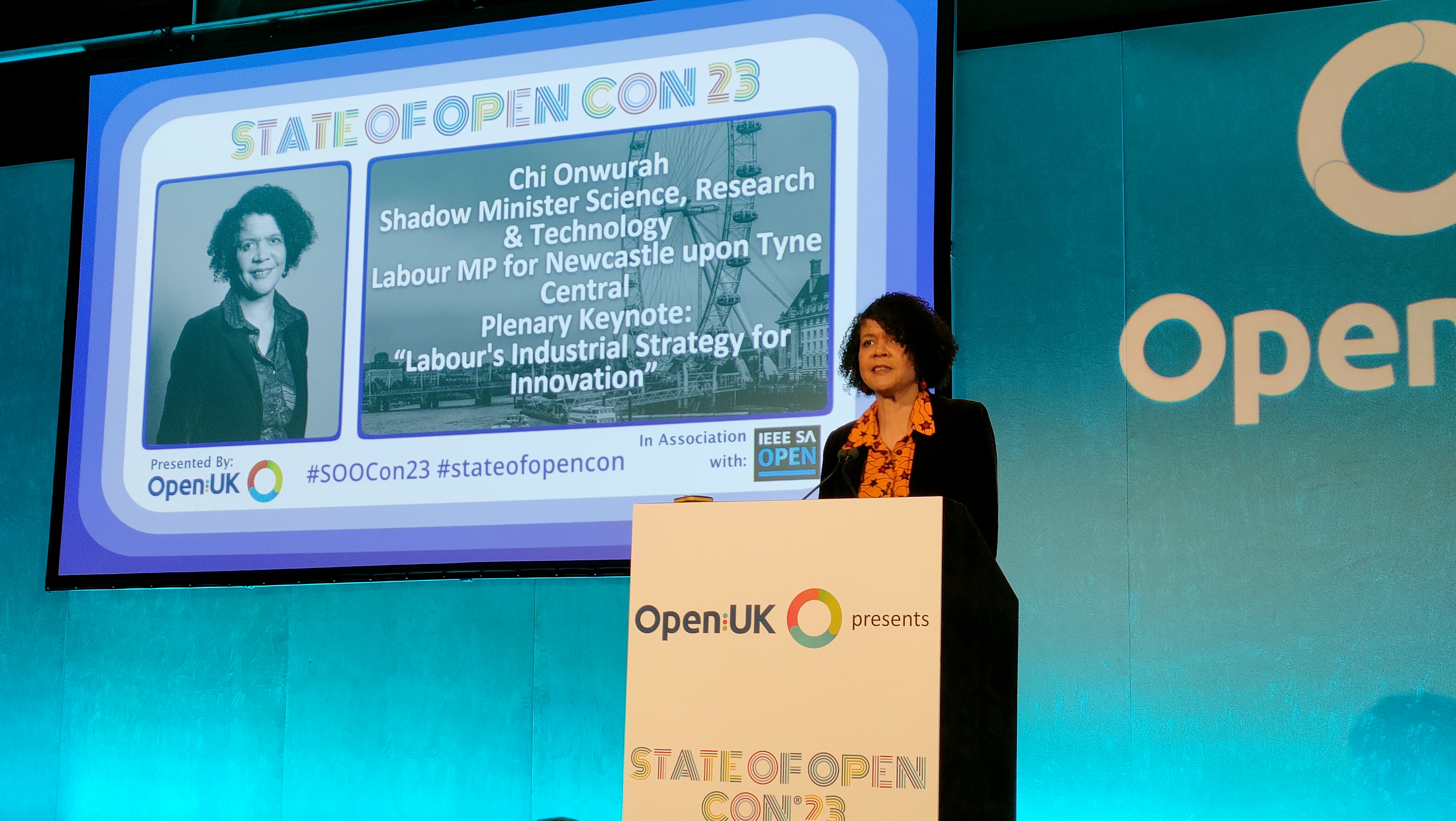ICO hopes to crumble cookie law
Information Commissioner calls for cookie law rethink from EU


The cookie law needs to be amended, the British Information Commissioner has advised the EU, which is examining whether to tweak the ePrivacy Directive alongside wider data regulation changes.
Four years ago, the Information Commissioner's Office (ICO) ordered websites to warn users when they use cookies, code that tracks people as they move around a site and the wider web. The rule meant web users must click away a banner warning about cookie use when they visit a site for the first time, as the vast majority of websites use cookies in some way.
The ICO's submission to the EU's consultation on the issue says the rules should be tweaked to "achieve a proportionate balance" between privacy rights and "legitimate interests of information society services".
It suggested the consent model - which has led to the proliferation of nagging cookie warning banners - may not the best method. "There is a case for an exemption or an alternative basis for processing other than consent, particularly in cases where the privacy impact on the individual is minimal," the ICO submission notes.
It added: "Requiring consent for the processing of personal data has not delivered the expected protection for individuals because some personal data must be processed in order for the consent mechanism to operate." In other words, the warning banners themselves use cookies.
The ICO disagreed with a proposal from the EU to require websites to offer a cookie-free version of their content, as anyone who doesn't want a cookie placed on their device has no option but to stop viewing the page.
"Revised e-Privacy rules should avoid dictating business models, especially where there is minimal privacy impact for the individual," the ICO noted.
Get the ITPro daily newsletter
Sign up today and you will receive a free copy of our Future Focus 2025 report - the leading guidance on AI, cybersecurity and other IT challenges as per 700+ senior executives
The EU consultation closed on 5 July, and a new legislative proposal on ePrivacy is expected before the end of this year.
While the UK has voted to leave the EU, we'll still have to adhere to its data protection laws, the ICO said, in order to continue trading and operating with member states.
Freelance journalist Nicole Kobie first started writing for ITPro in 2007, with bylines in New Scientist, Wired, PC Pro and many more.
Nicole the author of a book about the history of technology, The Long History of the Future.
-
 Asus ZenScreen Fold OLED MQ17QH review
Asus ZenScreen Fold OLED MQ17QH reviewReviews A stunning foldable 17.3in OLED display – but it's too expensive to be anything more than a thrilling tech demo
By Sasha Muller
-
 How the UK MoJ achieved secure networks for prisons and offices with Palo Alto Networks
How the UK MoJ achieved secure networks for prisons and offices with Palo Alto NetworksCase study Adopting zero trust is a necessity when your own users are trying to launch cyber attacks
By Rory Bathgate
-
 UK financial services firms are scrambling to comply with DORA regulations
UK financial services firms are scrambling to comply with DORA regulationsNews Lack of prioritization and tight implementation schedules mean many aren’t compliant
By Emma Woollacott
-
 What the US-China chip war means for the tech industry
What the US-China chip war means for the tech industryIn-depth With China and the West at loggerheads over semiconductors, how will this conflict reshape the tech supply chain?
By James O'Malley
-
 Former TSB CIO fined £81,000 for botched IT migration
Former TSB CIO fined £81,000 for botched IT migrationNews It’s the first penalty imposed on an individual involved in the infamous migration project
By Ross Kelly
-
 Microsoft, AWS face CMA probe amid competition concerns
Microsoft, AWS face CMA probe amid competition concernsNews UK businesses could face higher fees and limited options due to hyperscaler dominance of the cloud market
By Ross Kelly
-
 Online Safety Bill: Why is Ofcom being thrown under the bus?
Online Safety Bill: Why is Ofcom being thrown under the bus?Opinion The UK government has handed Ofcom an impossible mission, with the thinly spread regulator being set up to fail
By Barry Collins
-
 Can regulation shape cryptocurrencies into useful business assets?
Can regulation shape cryptocurrencies into useful business assets?In-depth Although the likes of Bitcoin may never stabilise, legitimising the crypto market could, in turn, pave the way for more widespread blockchain adoption
By Elliot Mulley-Goodbarne
-
 UK gov urged to ease "tremendous" and 'unfair' costs placed on mobile network operators
UK gov urged to ease "tremendous" and 'unfair' costs placed on mobile network operatorsNews Annual licence fees, Huawei removal costs, and social media network usage were all highlighted as detrimental to telco success
By Rory Bathgate
-
 Labour plans overhaul of government's 'anti-innovation' approach to tech regulation
Labour plans overhaul of government's 'anti-innovation' approach to tech regulationNews Labour's shadow innovation minister blasts successive governments' "wholly inadequate" and "wrong-headed" approach to regulation
By Keumars Afifi-Sabet